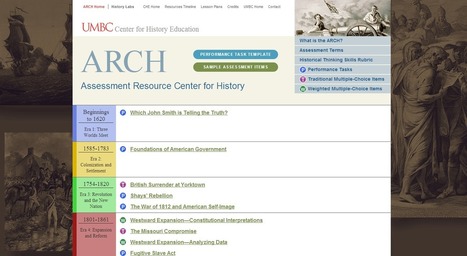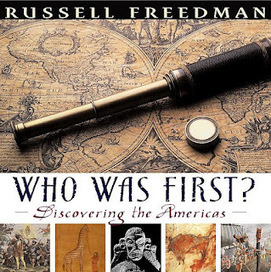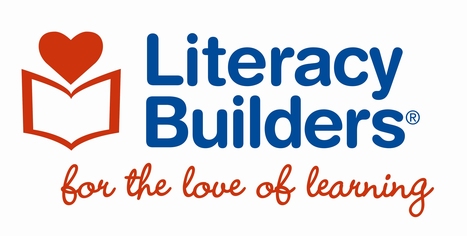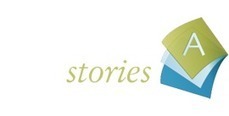The University of Maryland, Baltimore County has an excellent resource for history teachers. The UMBC Assessment Resource Center for Historyoffers sample assessments based on readings from six eras in U.S. history. The assessments include multiple choice question and performance tasks based on close reading exercises. The performance task assessments include scoring rubrics, sample responses from students, and the documents that students need in order to complete the performance tasks. Click here (link opens PDF) for a sample performance task.
Via Deb Gardner



 Your new post is loading...
Your new post is loading...
















These are the types of resources teachers need to support their implementation of Common Core Standards in the disciplines. Please share with social studies teachers!